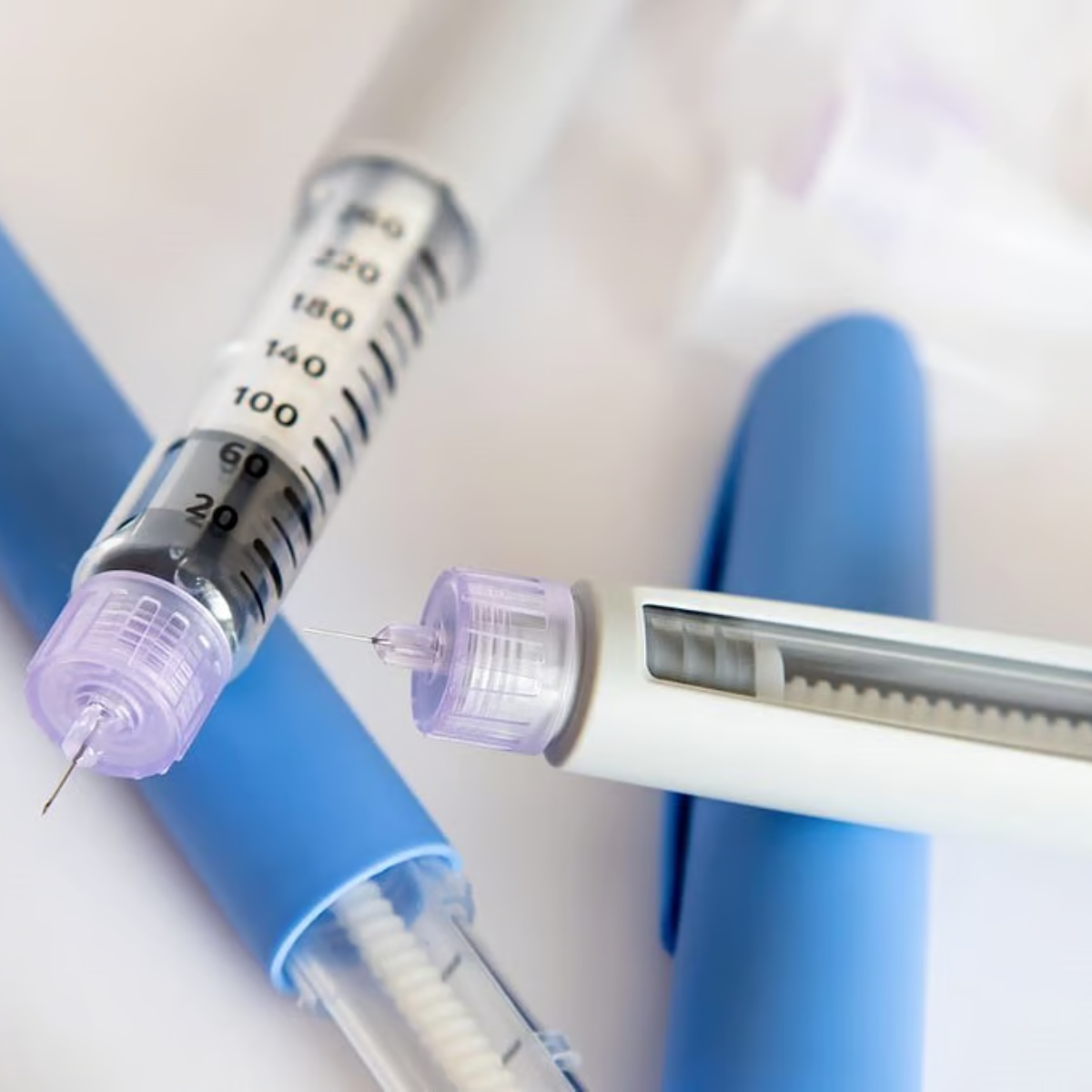Understanding Loose Skin After Weight Loss
Insights from Melbourne's Weight Loss Experts at 360 Surgery
Losing skin can be an unexpected challenge for many who have achieved significant weight loss. In Melbourne, the team at 360 Surgery specialises in addressing this concern, offering expertise in bariatric surgery and body contouring procedures like the tummy tuck (abdominoplasty). Here, we break down the differences between these procedures and how they can play a role in your weight loss journey.
Bariatric Surgery: Transforming Health Through Weight Loss
Bariatric surgery is a life-changing procedure designed for people struggling with severe obesity. Unlike a tummy tuck, bariatric surgery aims to help people lose weight by changing the digestive system. There are several types of bariatric surgery, including:
- Gastric bypass
- Sleeve gastrectomy
- Adjustable gastric banding
Each of these surgeries works by limiting one's food intake, reducing nutrient absorption, and triggering complex neurohormonal responses that lead to sustained weight loss. Beyond the physical transformation, bariatric surgery can significantly improve health by reducing obesity-related conditions like type 2 diabetes, high blood pressure, and sleep apnea.
Tummy Tuck: Enhancing Body Contour After Weight Loss
A tummy tuck, or abdominoplasty, is often sought after weight loss to help shape and smooth the abdomen. This cosmetic procedure isn’t designed for weight loss but for removing excess skin and fat while tightening abdominal muscles, creating a firmer and smoother abdominal area. Many people choose a tummy tuck after achieving their weight loss goals through bariatric surgery, diet, or exercise.
Why Excess Skin Occurs After Weight Loss
After substantial weight loss, loose skin can develop in multiple areas, including the abdomen, arms, thighs, and chest. For some, this excess skin can cause discomfort, hygiene issues, and affect self-esteem. That’s why post-bariatric plastic surgery options, such as tummy tucks, body lifts, and arm lifts, can be life-enhancing by addressing loose skin and improving body contour.
When to Consider Plastic Surgery After Bariatric Surgery
If you’re considering body contouring after bariatric surgery, timing is essential. Experts recommend waiting until your weight has stabilised—usually 12 to 18 months post-operation. This waiting period helps reduce the risk of complications and the potential need for further surgeries due to weight fluctuations. Consult with a specialist plastic surgeon with a Fellowship from the Royal Australasian College of Surgeons to ensure you receive care from someone experienced in body contouring after massive weight loss.
Key Takeaways: Bariatric Surgery vs. Tummy Tuck
While both bariatric surgery and tummy tucks contribute to body transformation, they serve distinct purposes:
- Bariatric surgery focuses on weight loss and health improvements by altering the digestive system.
- Tummy tuck (abdominoplasty) focuses on aesthetic body contouring, especially after weight loss, by removing excess skin and tightening muscles.
For many, bariatric surgery is the first step toward a healthier life, and plastic surgery can later provide the finishing touches to achieve their ideal body shape. Consulting with bariatric and plastic surgery specialists can help you make the best decision for each stage of your weight loss journey.
360 Surgery: Melbourne’s Experts in Bariatric and Plastic Surgery
At 360 Surgery, we understand the physical and emotional journey involved in significant weight loss. Whether you’re considering bariatric surgery for improved health or cosmetic surgery to complete your transformation, our team guides you every step of the way. Contact us today to learn more about your options and start your journey to a new you.
References:
- American Society for Metabolic and Bariatric Surgery. "Bariatric Surgery Procedures." Accessed August 2024.
- American Society of Plastic Surgeons. "Tummy Tuck (Abdominoplasty)." Accessed August 2024.
- Mechanick, J. I., et al. "Clinical Practice Guidelines for the Perioperative Nutritional, Metabolic, and Nonsurgical Support of Patients Undergoing Bariatric Procedures – 2019 Update." Endocrine Practice, 2019.
- Blüher, M. "Obesity: Global epidemiology and pathogenesis." Nature Reviews Endocrinology, 2019.
- Shermak, M. A., et al. "Plastic surgery after massive weight loss: Critical review of outcomes." Plastic and Reconstructive Surgery, 2015.


















